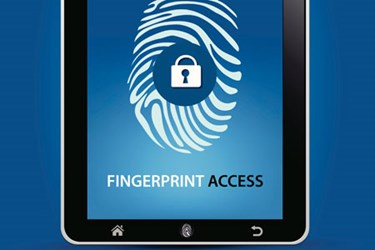Senate Approves DHS Request For Biometrics At Border
By Trisha Leon, contributing writer

A senate subcommittee has approved a request from the United States Department of Homeland Security for nearly a quarter-of-a-billion dollars to be used on a state-of-the-art biometric system. This according to RT. A statement published by Sen. Barbara Mikulski, the chairwoman of the committee on appropriations, indicates that a substantial amount of the $47 billion allotted for the 2015 fiscal year will go towards increasing the efforts of DHS to document persons coming in and out of the US by using high-tech biometric technology that captures unique features from individuals and then scours massive databases for more information pertaining to those persons. The upgrades to DHS’s biometric system will allow for the vast collection of this information and ensure that the details are easily shared among various federal agencies.
Rawlson King explained on the Biometric Update website how the Office of Biometric Identity Management’s (OBIM’s) functions have expanded immensely during the last decade; he wrote, “Biometrics collected by OBIM is linked to specific biographic data in order to establish and verify a person’s identity. With each encounter, from applying for a visa to seeking immigration benefits to entering the US, OBIM checks a person’s biometrics against a watch list of known or suspected terrorists, criminals and immigration violators.”
Privacy advocates and experts fear that housing all of this information in any database presents major security risks. Rich Cooper, vice president of research and emerging issues of the U.S. Chamber of Commerce Foundation, wrote on their official blog of the possibility of this information being exploited. He stated, “Within days of the release of the iPhone 5, for example, hackers found ways to get around Apple’s fingerprint scanner,” adding, “yet, the bigger security issue is not so much a threat to the biometric device itself but to the database storing the physiological markers of thousands or even millions of people. A compromise of this information would be devastating. You can change a password; you cannot change your fingerprints and other body features.”
Though these developments have prompted concern from many, biometric technology and the heightened security it makes possible have received government support.
